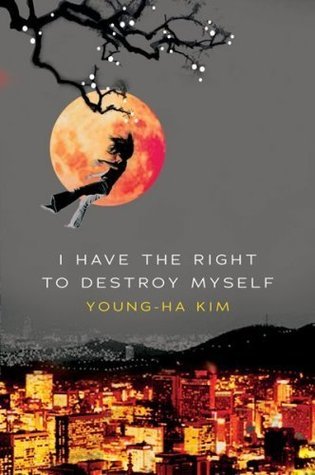What do you think?
Rate this book


131 pages, Kindle Edition
First published April 30, 1995
I don’t encourage murder. I have no interest in one person killing another. I only want to draw out morbid desires, imprisoned deep in the unconscious. This lust, once freed, starts growing. Their imaginations runs free, and they soon discover their potential … They are waiting for someone like me.
There are only two ways to be a god: through creation or murder.
When I finish a job, I travel. When I come back I write about the client and our time together. Through this act of creation, I strive to become more like a god. There are only two ways to be a god: through creation or murder.
Not all executed contracts become stories. Only clients who are worth the effort are reborn through my words. This part of my work is painful. But this arduous process bears witness to my sympathy and love for my clients. [p.10]
C thought back to that snowy day. Judith, who had disappeared five months ago, riding away on the snowplow, seemed more and more real. He felt her absence infiltrating his life, though he hadn't thought about her in months. He burrowed into the sofa and tried to remember Judith. But he couldn't remember anything specific, not even her face. Instead, images of the North Pole, Chupa Chups, a snowball and dull sex circled in his head. [p.80]